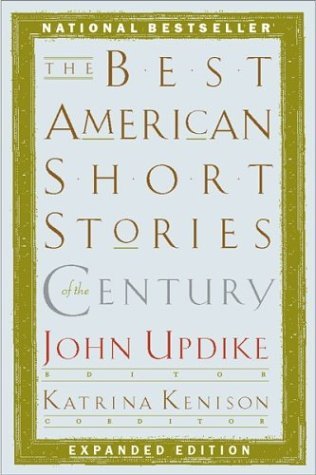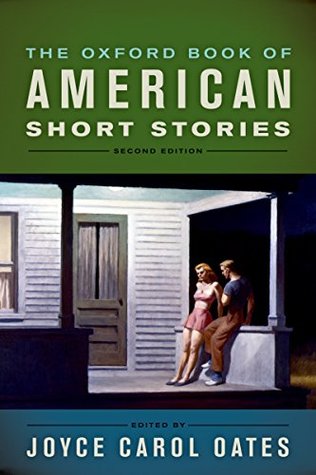3♣ 3♣ 3♣ 3♣ 3♣ 3♣ 3♣ 3♣
…it had seemed for a moment that the stubborn and contradictory truths of those trees had merged with the warring truths of her own life: the trees had died, but the fruit would not fall. Hope could cling to nothing, and a shriveled apple was all it took to coax love to come slinking back into this world. Inside the fruit she saw seeds; inside the seeds, more fruit. In this motion she saw the turning shadow that eternity throws across this world and also the current that carries us there. She had not forgotten.
Pam Durban’s short story “Soon” centers around Martha, specifically Martha as an older woman. It’s divided into parts of Martha’s life that might seem hopeless but when they are all put together something different occurs.
Martha’s mother dies and sells the family homestead out from under her children. Martha realizes her husband has been having an affair so she tells him she never wants to see him again. In her late fifties, she moves to a mountain cabin by herself and calls a family reunion for many long lost relatives and provides most of them with memories to last a life time. At some point she attends a funeral of a friend at a church full of what she considers stodgy old people. She fits right in.
The hope that is able to spring from hopelessness gives this story its strength and gives Martha her strength. Of course, maybe Martha’s strength was already there but never quite used. It’s a strength that gives her new life – powerful like a resurrection.
Calling a story a “gem” might sound cliché, but there are some stories in which this word perfectly describes them. “Soon” is just such a story.

It’s included in my copy of The Best Short Stories of the Century edited by John Updike. I read it when I selected the Three of Clubs for my Deal Me In 2018 short story project. My Deal Me In list can be seen here. Deal Me In is hosted by Jay at Bibliophilopolis.






